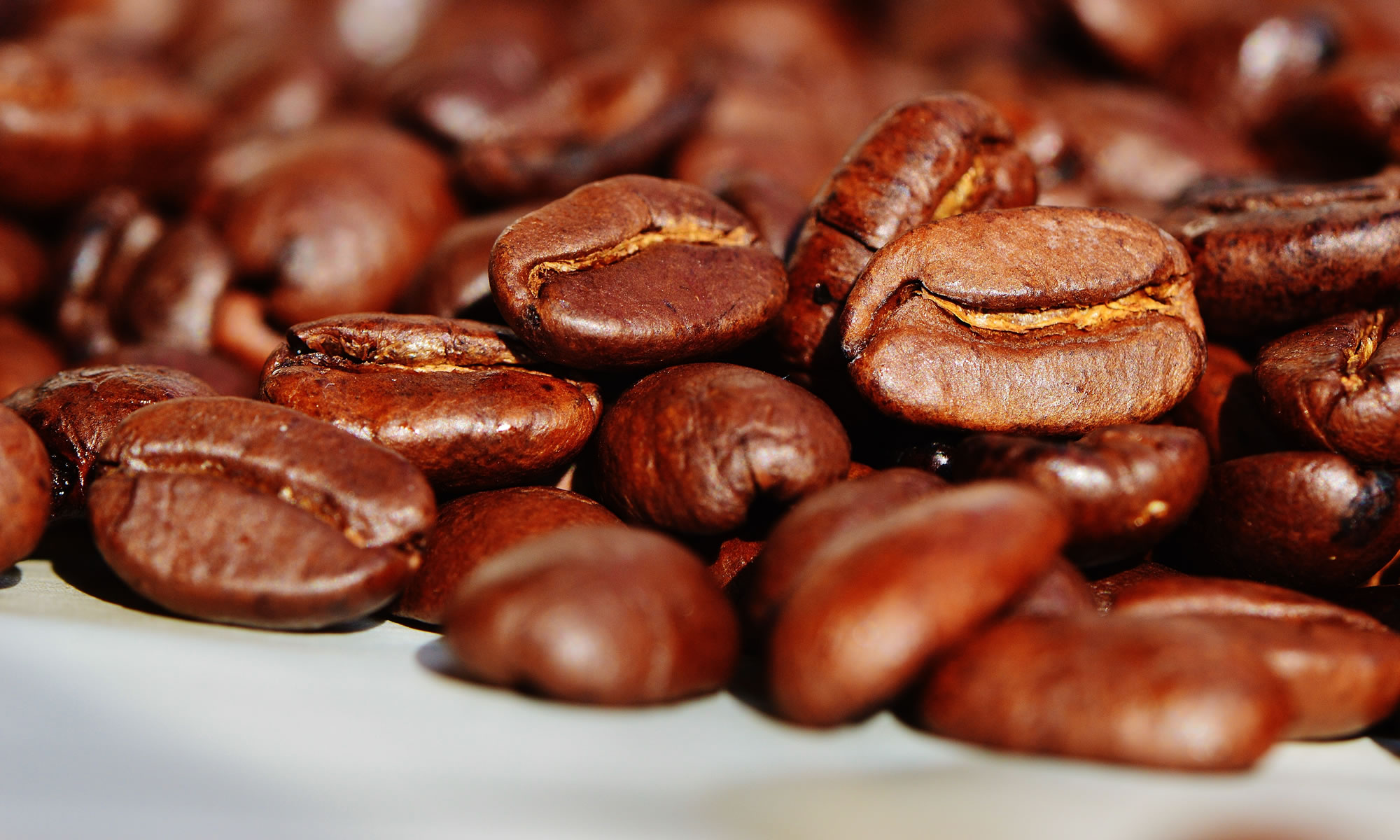Most Sundays we have a traditional roast dinner. This week I only had skinless chicken breasts in the fridge and I have always found roasting chicken breasts usually results in dry tough chicken. If using chicken portions, my preference is to use chicken thighs and legs.
So, in the end I sliced into the chicken, added a stuffing consisting of onion, mushrooms and basil. This I then wrapped in foil before poaching for twenty minutes. After cooking, I let them rest for at least five minutes before opening the foil parcels and slicing them.
 With them I did some roast potatoes. Firstly you need to use the right kind of potatoes. It’s not as simple as buying any kind, the cheapest or whatever. This time I went with King Edward (as that was all that was available in the shop, well there were other varieties, but no Maris Piper.
With them I did some roast potatoes. Firstly you need to use the right kind of potatoes. It’s not as simple as buying any kind, the cheapest or whatever. This time I went with King Edward (as that was all that was available in the shop, well there were other varieties, but no Maris Piper.
After peeling and cutting into chunks the potatoes are blanched in boiling water for about 7-10 minutes depending on the size of the chunks. Now the size if dependent on how you like your roast poatoes and how long you have to cook them. Obviously smaller chunks means a shorter cooking time, whilst larger chunks though take longer are preferred by some people.
While the potatoes are blanched, place the roasting tray into the oven, with a good splash of olive oil and one of sunflower oil. The key here is to heat the pan and the oil. I put the pan into the hot oven (with the oil added) for at least five minutes, not too long though.
After blanching the potatoes, drain and the key here is to let the heat dry the potatoes. If they go into the pan “wet” they won’t crisp up well. The next stage is to slightly “bash” the potatoes by shaking the colander or sieve, this will aid the crisping process too. Then remove the roasting pan from the oven and add the potatoes, turning them and maybe a little more “bashing”.
You should also ensure that the potatoes are not too crowded, in other words they need air to be crisp.
Cooked for thirty to forty minutes (larger potatoes take longer). It is a good idea to turn the potatoes half way through to ensure a more even crispness. The end result should be tasty, crisp potatoes with a fluffy centre.
I also roasted some parsnips, carrots and onions. These I just cut into chunks. Place in a bowl, add some olive oil, mix to ensure the vegetables are well coated before placing in a hot oven for about twenty to thirty minutes.
 In addition in another roasting pan, I took some diced onion, sliced courgette, mushrooms and halved cherry tomatoes, these I roasted with a good dash of olive oil for ten minutes before adding some cubes of bread that soak up the juices and crisp up. Usually I will add these ingredients to the roasting tray I have roasted the meat in. However as I was poaching I just used a plain tray.
In addition in another roasting pan, I took some diced onion, sliced courgette, mushrooms and halved cherry tomatoes, these I roasted with a good dash of olive oil for ten minutes before adding some cubes of bread that soak up the juices and crisp up. Usually I will add these ingredients to the roasting tray I have roasted the meat in. However as I was poaching I just used a plain tray.
For gravy I made my own with a roux of butter, oil and flour to which I add stock and some red wine. Cook for at least five minutes.
To add colour and freshness I steamed some carrots, green beans and broccoli to serve with the meal.





